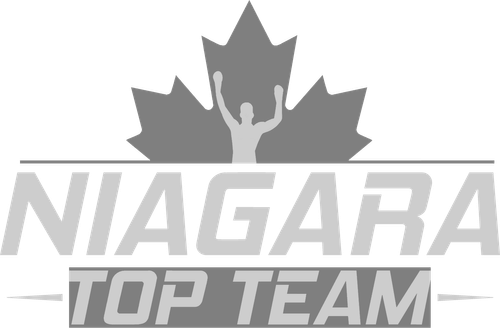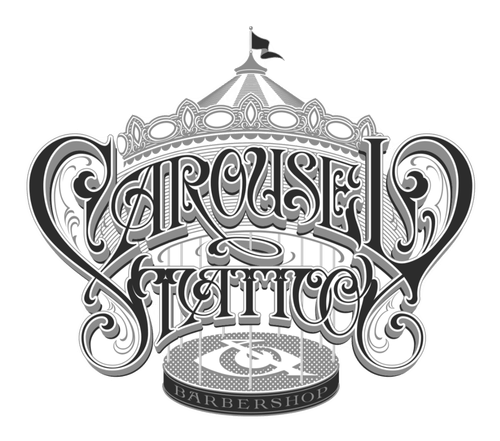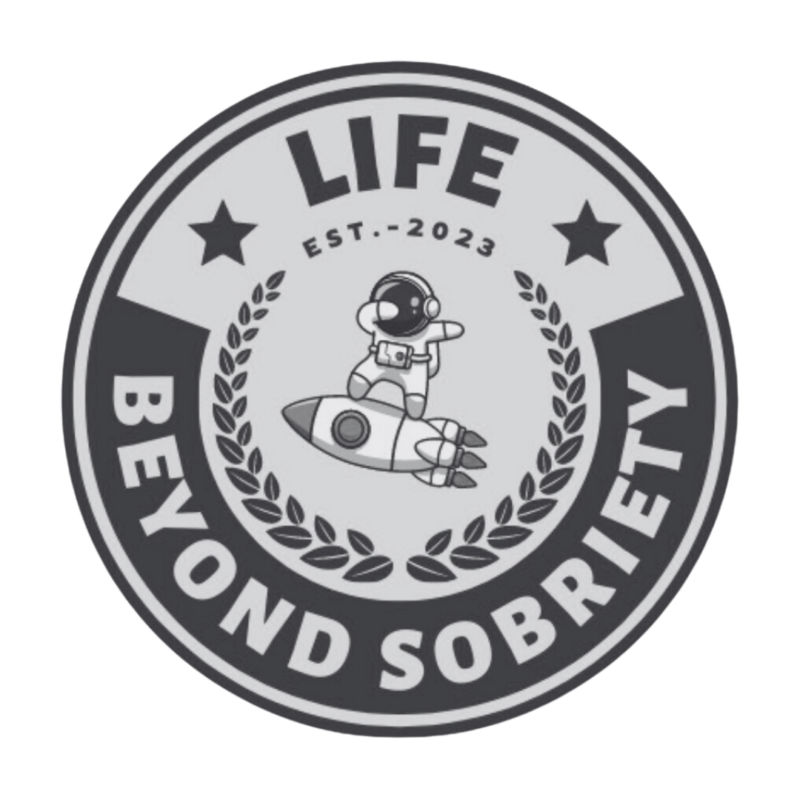A New Route to Recovery
At Twelve Mile Recovery, nestled in the serene landscapes of Niagara, Ontario, the philosophy of treatment is profoundly holistic. The dedicated team, who themselves are individuals with long-term recovery, recognizes that battling addiction involves mending not only the physical self but also addressing the mental, emotional, and spiritual wounds that accompany dependence. This complete healing journey is what sets Twelve Mile Recovery apart in the realm of rehab Ontario Canada.
By integrating evidence-based therapies like psychology, cognitive-behavioral therapy, and mindfulness, Twelve Mile Recovery fosters an environment where clients can address the underpinnings of their addictions. The approach is comprehensive, combining science-based strategies with personal lived experiences, ensuring that each individual receives personalized care that is both empathetic and effective.
Inpatient Addiction Treatment
Offering residential rehab programs, Twelve Mile Recovery provides a structured, immersive environment essential for those taking the first steps towards recovery. The inpatient services are designed to remove clients from triggers and stressors that may contribute to addictive behaviors, thereby creating a safe space conducive to healing.
The inpatient program is not a one-size-fits-all solution. It is tailored to meet the unique needs of each client, focusing on building resilience and promoting self-discovery. The program’s integration of martial arts as a therapeutic tool further exemplifies its innovative approach, helping clients gain self-discipline and emotional regulation.
Trauma-Informed Care
Understanding that past trauma often plays a critical role in substance abuse, Twelve Mile Recovery implements trauma-informed care as a cornerstone of their treatment philosophy. This approach ensures that individuals feel safe and supported, mitigating re-traumatization and allowing them to process past experiences in a therapeutic setting.
Therapists and counselors at Twelve Mile Recovery are trained to recognize symptoms of trauma and integrate appropriate interventions that aid in healing. By focusing on the root causes of addiction, the center empowers clients to transform their pain into personal growth and resilience, essential components of long-term recovery.
It is this deep understanding of trauma’s role in addiction that enables Twelve Mile Recovery to offer treatment plans that not only address the addiction but also its underlying causes, setting the foundation for lasting change.
Importance of Physical Wellness
The role of physical health in recovery cannot be understated. At Twelve Mile Recovery, physical wellness is an integral component of the treatment program. With facilities that encourage fitness and wellness activities, clients are given the tools to rebuild their physical health and stamina, which plays a crucial role in their overall recovery journey.
Activities such as yoga and martial arts foster mindfulness, enhance physical strength, and improve emotional balance. These activities are not merely hobbies but crucial parts of a structured daily routine that instills discipline, focus, and a sense of accomplishment in clients.
Intervention Services
Recognizing when a loved one needs help and taking the initial step to intervene can be challenging. Twelve Mile Recovery offers compassionate and effective intervention services, guiding families through the process with sensitivity and expertise. The aim is to break through the barriers of denial and resistance to seek professional help.
Interventions are conducted by experienced professionals who understand the delicate dynamics involved in such situations. By fostering open dialogue and providing a supportive environment, they help individuals understand the impact of their addiction and motivate them to choose treatment.
Virtual Treatment Programs
Twelve Mile Recovery understands that not everyone can access onsite treatment, which is why they offer comprehensive virtual treatment programs for those who require flexibility without compromising on quality care. These programs connect clients with counselors and peers, providing support through video calls, online resources, and virtual group therapies.
Virtual treatment options are vital for maintaining continuity of care, especially in today’s digital age. Clients benefit from therapy sessions, educational materials, and peer support, all from the comfort of their own homes. This adaptability ensures that recovery support is accessible to as many individuals as possible.
Unique Perspectives on Rehabilitation
What truly distinguishes Twelve Mile Recovery in the landscape of rehab Ontario Canada is the unique perspective brought by its team, all of whom have personal recovery experiences. This lived experience allows them to connect with clients on a deeper, more authentic level, fostering an atmosphere of trust and empathy.
Anecdotal evidence suggests that clients often find inspiration and hope in the stories shared by staff who have walked the path to recovery themselves. This shared journey fosters a community spirit, where clients feel understood and supported by those who truly know the challenges of overcoming addiction.
Evidence-Based Therapies
At the core of Twelve Mile Recovery’s approach are evidence-based therapies that are scientifically proven to aid in recovery. Cognitive Behavioral Therapy (CBT) and Dialectical Behavior Therapy (DBT) are among the techniques employed to help clients develop new coping mechanisms, manage their emotions, and change negative thought patterns.
These therapies are complemented by mindfulness practices, which teach clients to focus on the present moment and develop a non-judgmental awareness of their thoughts and feelings. This holistic blend of therapies ensures that each aspect of the individual’s well-being is nurtured, paving the way for sustainable recovery.
The integration of these therapies into a cohesive treatment plan underscores the commitment of Twelve Mile Recovery to deliver effective and individualized care.
By using these methods, the center addresses the multifaceted nature of addiction, ensuring that recovery is comprehensive and lasting.
Supportive Community Environment
The journey to recovery is enriched by the supportive community environment fostered at Twelve Mile Recovery. From group therapy sessions to peer support networks, clients continuously interact with others who are also striving for sobriety. This camaraderie helps diminish feelings of isolation, replacing them with a sense of belonging and mutual encouragement.
Clients often form enduring bonds with their peers, who provide understanding, companionship, and motivation. These relationships are invaluable, offering an additional layer of support that bolsters individual efforts towards recovery.
Twelve Mile Recovery’s team plays a crucial role in this supportive network, acting as mentors and advocates, guiding clients through their recovery journey with unwavering dedication and care.
Integrated Therapy for Sustainable Recovery
The philosophy at Twelve Mile Recovery is to address addiction as a multi-dimensional issue requiring an integrated approach for sustainable recovery. By combining therapies like yoga, mindfulness, and martial arts with traditional psychological methods, clients experience comprehensive care that addresses all aspects of their well-being.
Testimonials highlight the transformative impact of this treatment model, praising the program’s ability to instill long-lasting change. The integrated therapy model nurtures a balanced lifestyle, teaching techniques that clients can incorporate into their daily lives even post-treatment.
This holistic approach equips clients with the skills needed not just to recover but to thrive, ensuring that they leave the program not only sober but empowered and self-aware.
How much does rehab cost in Ontario?
The cost of rehab in Ontario can vary significantly depending on the type of treatment facility, length of stay, and services provided. Generally, private rehab centers may range from $10,000 to $30,000 for a 30-day program. Twelve Mile Recovery strives to provide programs that are both comprehensive and value-driven, ensuring that clients receive high-quality care with personalized support. Cost can seem daunting, but think of it as an investment in a healthier, more fulfilling future. If finances are a concern, consider discussing payment plans or insurance options directly with the center.
Is rehab covered by OHIP in Ontario?
Ontario Health Insurance Plan (OHIP) typically covers addiction treatment services provided by government-funded facilities. These services often include counseling, detoxification, and certain residential programs. Unfortunately, private facilities, like the personalized programs at Twelve Mile Recovery, are not covered by OHIP. However, they may accept private insurance or offer payment plans to ease the financial burden. It’s worth contacting the facility to discuss financial options and understand what services might be available to you through different funding sources.
What is the wait time for rehab in Ontario?
Wait times for rehab in Ontario can vary widely, especially in publicly funded programs where demand is high. Some individuals might wait weeks or even months for a spot. However, private centers like Twelve Mile Recovery often have more flexibility in admissions, potentially allowing for quicker access to care. The wait time can be crucial, and it’s recommended to reach out to your chosen facility as early as possible to get precise information and secure a spot in a timely manner. If immediate care is needed, inquire about any available interim solutions.
How many days do you get in rehab?
The length of stay in rehab depends on the individual’s needs, the specific program, and their progress in treatment. Many rehab centers, including Twelve Mile Recovery, offer 30, 60, or 90-day programs, with the option to extend based on individual circumstances and recovery goals. For a sustainable recovery, it’s crucial to engage in a program that doesn’t rush the process and allows adequate time to heal and develop coping strategies. Some people might find that a longer stay provides the support and comprehensive approach needed for a successful recovery journey.
What is a holistic approach to recovery?
A holistic approach to recovery involves treating the whole person rather than just the addiction. This means addressing the physical, mental, emotional, and spiritual aspects of an individual’s life. At Twelve Mile Recovery, this approach is central. Recognizing that addiction impacts every part of a person’s life, the center integrates therapies like cognitive-behavioral therapy, mindfulness, and physical wellness activities such as yoga and martial arts. This comprehensive strategy not only tackles the symptomatic behaviors but also the underlying emotional and psychological contributors to addiction. By doing so, clients can achieve a well-rounded recovery experience that supports long-term success. It’s an approach that asks, “How can we help you heal entirely, rather than just manage symptoms?”
Resources
- Substance Abuse and Mental Health Services Administration (SAMHSA) – SAMHSA is a government organization that leads public health efforts to advance the behavioral health of the nation. They provide resources, programs, and information on substance abuse and mental health issues.
- National Alliance of Advocates for Buprenorphine Treatment (NAABT) – NAABT is a non-profit organization dedicated to increasing access to treatment for opioid addiction. They offer resources on buprenorphine treatment and advocate for its use in addiction recovery.
- National Institute on Drug Abuse (NIDA) – NIDA is a research organization that focuses on the science of drug addiction and its treatment. They provide information on the latest research, treatment approaches, and prevention strategies related to drug abuse.
- American Psychiatric Association (APA) – The APA is a professional organization of psychiatrists that works to ensure high-quality, evidence-based care for individuals with mental health and substance use disorders. They offer resources for both professionals and the public.
- National Council on Alcoholism and Drug Dependence (NCADD) – NCADD is a non-profit organization that provides education, information, and support for individuals and families affected by alcoholism and drug dependence. They offer resources for prevention, intervention, and recovery support.












